Leadership & Staff
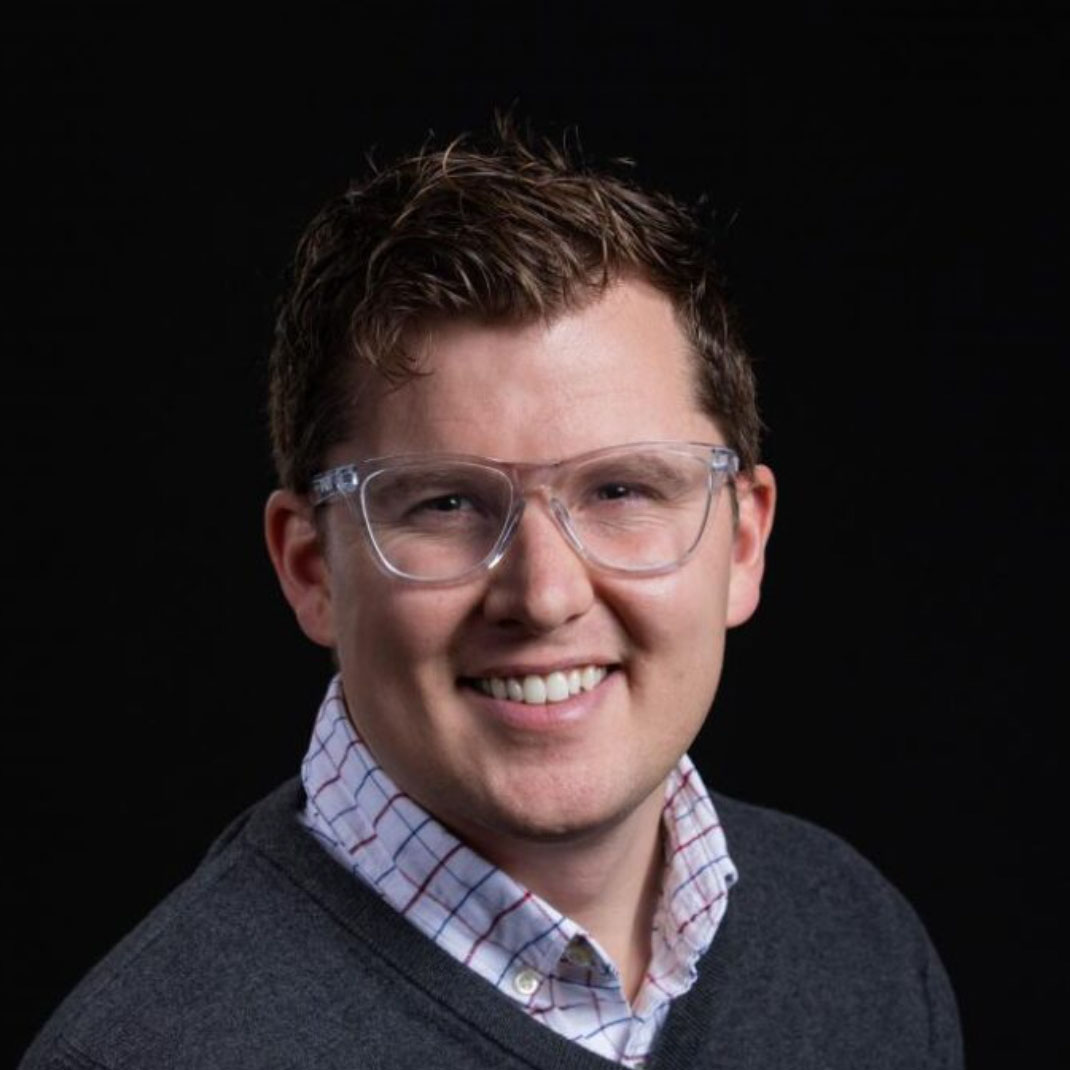
Prof. Andrew W. Reddie
Prof. Andrew Reddie is the founder and faculty director for the Berkeley Risk and Security Lab and is an Associate Research Professor of Public Policy at the University of California, Berkeley’s Goldman School of Public Policy where he works on projects related to nuclear weapons policy, cybersecurity, wargaming, and emerging military technologies.
Andrew serves in faculty leadership roles at UC Berkeley’s Center for Security in Politics, and the Berkeley APEC Study Center and is an affiliate at the University of California’s Institute on Global Conflict and Cooperation. He also serves as the UC Berkeley campus lead for the University of California’s Disaster Resilience Network. He is a Bridging the Gap fellow, a non-resident fellow at the Brute Krulak Center at Marine Corps University, and a term member of the Council on Foreign Relations.
Previously, Andrew has served in roles at Sandia National Laboratories, Lawrence Livermore National Laboratory’s Center for Global Security Research, and at the Council on Foreign Relations in Washington, DC, and was previously a Hans J. Morgenthau Fellow.
His work has appeared in Science, the Journal of Peace Research, the Journal of Cyber Policy, and the Bulletin of the Atomic Scientists among other outlets and has been variously supported by the Founder’s Pledge Fund, Carnegie Corporation of New York, MacArthur Foundation, and the U.S. Department of Energy’s Nuclear Science and Security Consortium.
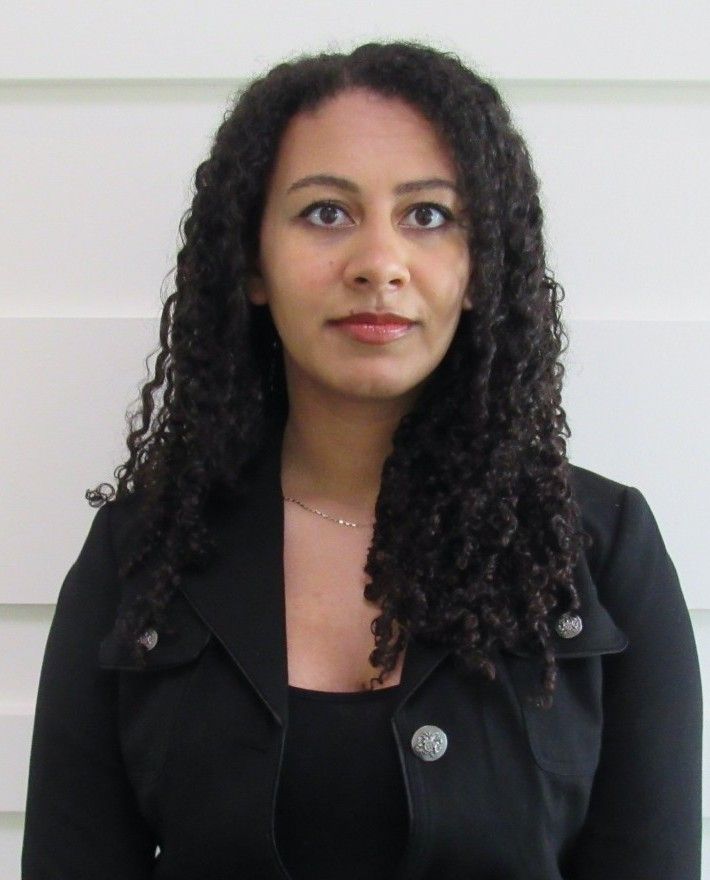
Leah Walker
Leah Walker is the Executive Director for the Berkeley Risk and Security Lab. She oversees the Lab’s interdisciplinary research portfolio which includes nuclear arms control, nuclear weapons policy, defense analyses, emerging defense technologies, the governance of emerging technologies, industrial policy, and strategic competition. Leah also conducts research on the governance of military and commercial artificial intelligence, Russian and Chinese nuclear posture and modernization, nuclear and radiological security, and maritime security and strategy.

Dr. Elaine Korzak
Elaine Korzak is a research scholar at the Berkeley Risk and Security Lab focusing on international cybersecurity governance. She is also an affiliate at the Center for International Security and Cooperation (CISAC) at Stanford University.
Her research covers international legal, policy, and governance aspects in cybersecurity, including norms and international law governing state conduct in cyberspace, cybersecurity negotiations at the United Nations, cyber policy positions and diplomatic strategies of states (in particular Russia and China), and international export controls for commercial spyware. Her work has appeared in the Oxford Handbook of Cyber Security, the Routledge Handbook of International Cybersecurity, the Georgetown Journal of International Affairs, the Bulletin of the
Atomic Scientists, and RUSI Journal. Her commentary has been published in Lawfare, Just Security, and Net Politics.
Previously, Elaine was a cybersecurity postdoctoral fellow at the Center for International Security and Cooperation (CISAC) and a national fellow at the Hoover Institution, both at Stanford University, before leading the Cyber Initiative at the Middlebury Institute of International Studies at Monterey (MIIS). She holds a PhD in War Studies and an MA in International Peace and Security from King’s College London, as well as an LL.M. in Public International Law from the London School of Economics and Political Science (LSE).
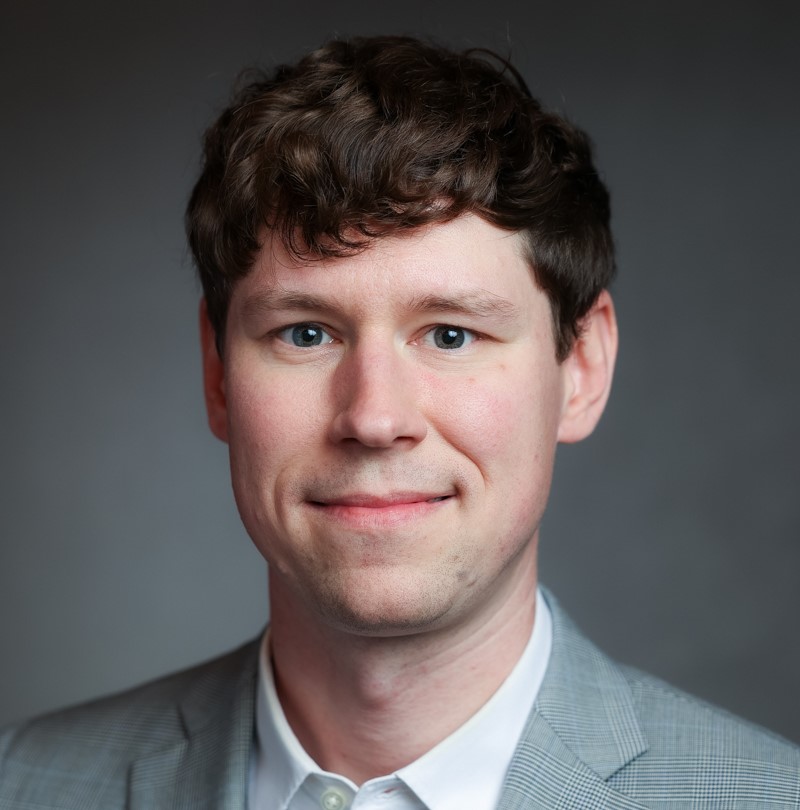
Dr. Cameron Tracy
Cameron Tracy is a Senior Research Scholar at the Berkeley Risk and Security Lab. His research and teaching are focused on the interface between military technology and international security policy: assessing the security implications of new technologies, and examining how security policy shapes technological development. His recent projects include analyses of the performance of hypersonic missiles and missile defense, the vulnerability of geologic repositories for fissile material disposal, and the roles of American and Chinese software engineers in geopolitical competition over AI technologies. He also conducts physics research on the atomic-scale behavior of advanced materials under extreme pressures and temperatures.
Cameron previously worked at Stanford University’s Center for International Security and Cooperation (CISAC), Harvard University’s Belfer Center for Science and International Affairs, the Union of Concerned Scientists, and Los Alamos National Laboratory. He holds a PhD in materials science & engineering from the University of Michigan.

Dr. Lindsay Rand
Dr. Lindsay Rand is a research scholar at the Berkeley Risk and Security Lab. Her interdisciplinary background in physics and public policy informs her research on issues at the intersection of science and international security. Broadly, her research examines nuclear deterrence and force structure requirements under conditions of technological uncertainty, as well other governance challenges associated with emerging technologies. Her recent work includes analyses of quantum sensing implications for nuclear deterrence, novel approaches to arms control verification, and governance frameworks for emerging dual-use technologies.
Prior to her current role, Lindsay worked at Stanford University’s Center for International Security and Cooperation (CISAC) as a postdoctoral fellow and the Carnegie Endowment for International Peace as a Stanton predoctoral fellow. She holds B.A.s in physics and classical studies from Carleton College, an M.S. in nuclear health physics from Georgetown University, and an M.P.P. and Ph.D. in international security from the University of Maryland School of Public Policy.
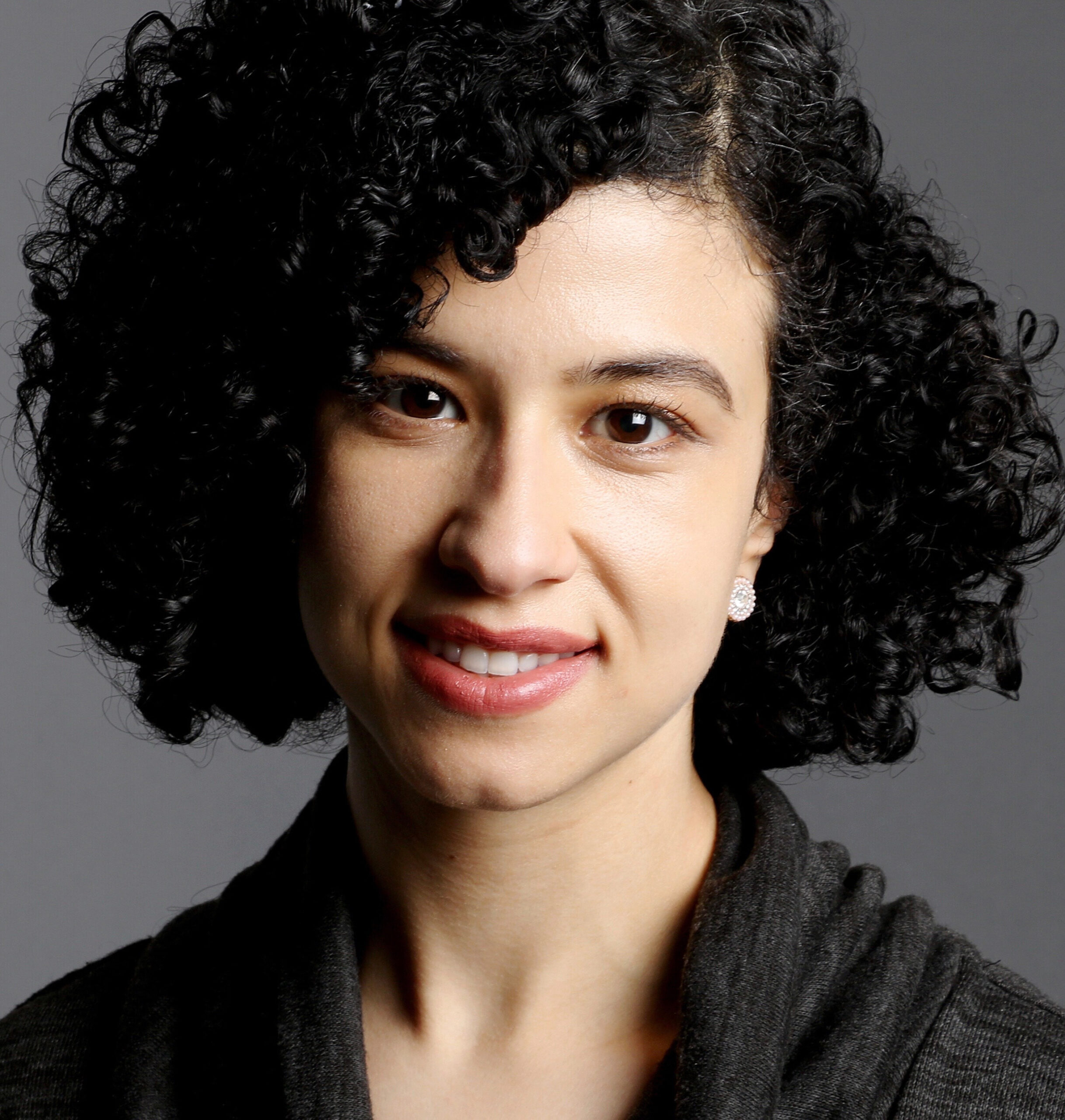
Dr. Sarah Shoker
As a Senior Research Scholar at BRSL, Dr. Shoker’s research focuses on testing and evaluation of human-AI teams in military decision-making, with a particular emphasis on measuring compliance with international law and civilian protection.
Dr. Shoker joined BRSL after almost four years at OpenAI as the lead of the Geopolitics Team and a member of the AGI Readiness and Product Policy Teams.

Ben Winter
Ben Winter is a Tech Diplomacy Fellow at the Berkeley Risk and Security Lab. He works on research and policy to address security challenges in transformative technologies—from the bioeconomy to quantum computing.
Ben is the West Coast Director of the Science & Technology Network at the UK Foreign, Commonwealth and Development Office. He is a diplomat based at the San Francisco British Consulate General.
He is responsible for the UK Government’s engagement on research and innovation with State Government, industry and research institutions across the Western US. He also works closely with the British Embassy in Washington on Federal policy engagement. The UK Science and Technology Network is a joint policy and diplomacy unit with a presence across the US. The team covers a wide range of policy areas, from emerging technologies such as AI, quantum, and synthetic biology, through to critical minerals, space, and biosecurity.
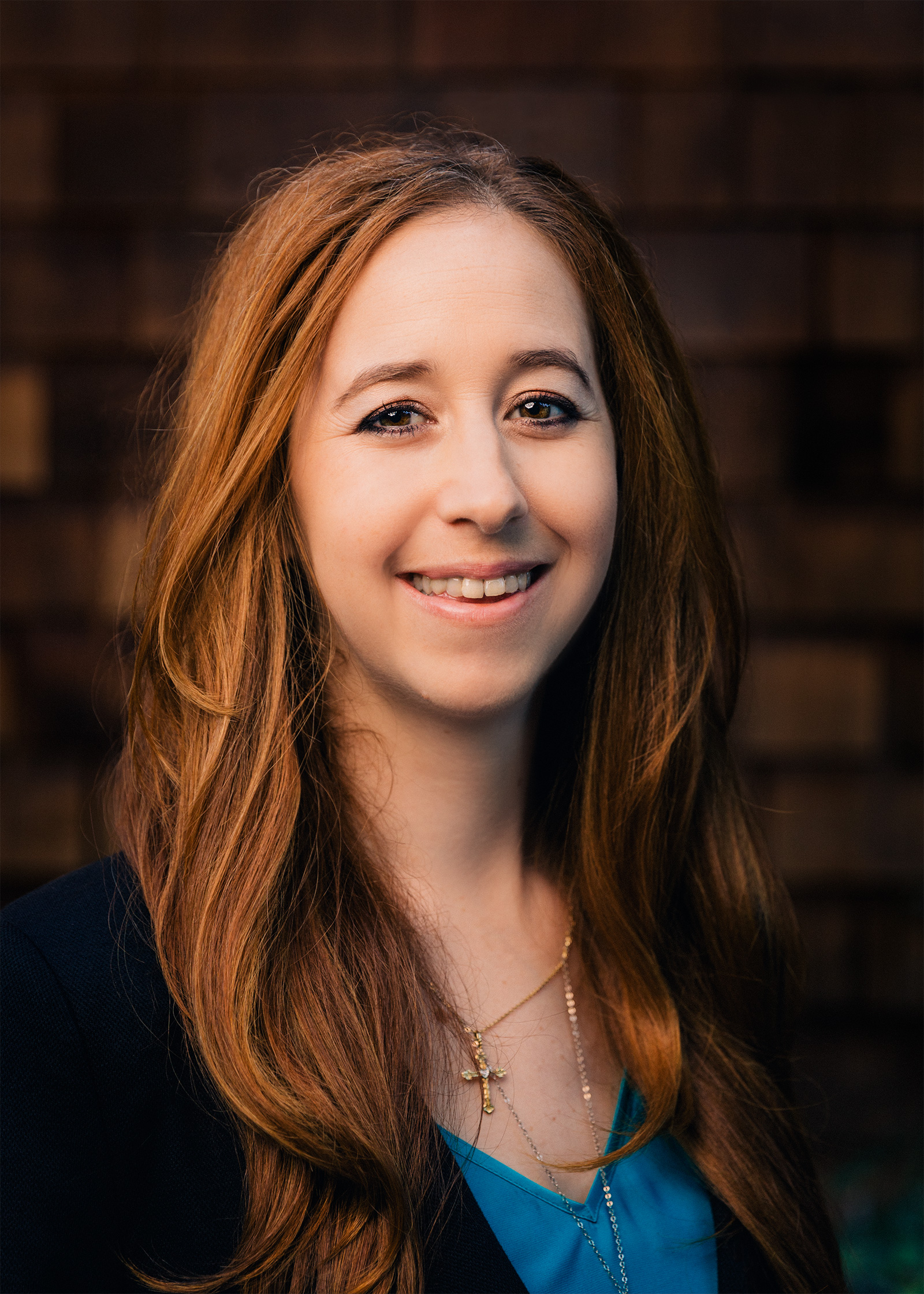
Cara Marie Wagner
Cara Marie Wagner is a Program Coordinator at the Berkeley Risk and Security Lab (BRSL). As Program Coordinator she supports the Lab’s operations, academic offerings and student services, and other programmatic initiatives.
Prior to joining BRSL, she worked in philanthropy managing grant portfolios focused on nuclear policy, peacebuilding and regional security in South Asia, intersectional partnerships, and diversity, equity, inclusion, and accessibility in national security. She has held positions in programs, development, and research with a variety of international education, gender, human rights, and security organizations. She holds a Master’s of Science in Global Studies and International Affairs, specialized in conflict resolution and international security with an emphasis on sub-Saharan Africa, as well as a Graduate Certificate in Nonprofit Management from Northeastern University in Boston, MA. She also received her Bachelor of Arts in International Affairs and a Certificate in Peace and Conflict Studies from the University of Colorado at Boulder with a focus on foreign policy, Western Europe, and the Spanish and Italian languages.

Daniil Zhukov
Daniil Zhukov is a Program Coordinator at the Berkeley Risk and Security Lab. His research interests revolve around nuclear arms control and risk reduction, US and Russian nuclear policies, and crisis communications. Dan previously worked at Stanford University’s Center for International Security and Cooperation (CISAC). Dan was born in Russia and received his MA in War Studies at King’s College London.

Vivian Bossieux-Skinner
Vivian Bossieux-Skinner is the Communications Manager at the Berkeley Risk and Security Lab. Prior to joining BRSL, she was a Press Secretary in the California State Senate and prior to that she worked in journalism as the morning news producer and as a reporter in broadcast radio news in the Bay Area. She holds a BA from UC Santa Cruz.
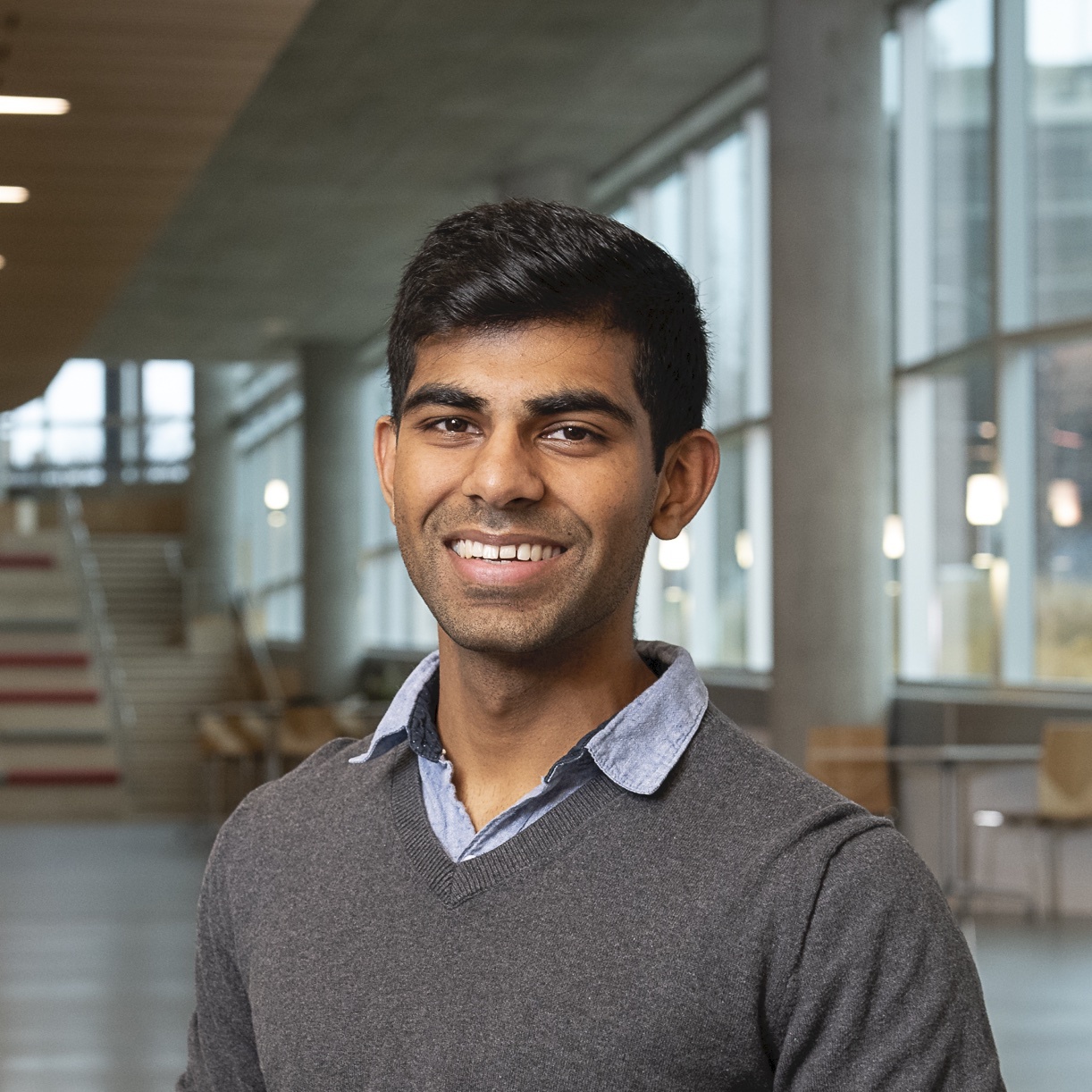
Ritwik Gupta
Ritwik Gupta is a Ph.D. student at the University of California, Berkeley focused on AI for Humanitarian Assistance and Disaster Response. His research on exploiting multi-modal satellite to understand building damage after disasters, shining a light on illegal fishing operations, and aiding first responders in evacuating in complex situations has been deployed worldwide by hundreds of agencies and governments such as CAL FIRE, the United Nations, the Red Cross, and more.In addition to his academic work, Ritwik serves as the Deputy Technical Director for Autonomy at the Defense Innovation Unit within the Office of the Under Secretary of Defense for Research and Engineering. In this role, he works to bring innovative technologies and capabilities into the DoD to support complex mission needs. Prior to joining Berkeley, Ritwik was a principal investigator at Carnegie Mellon University for AI for Humanitarian Assistance and Disaster Response.
